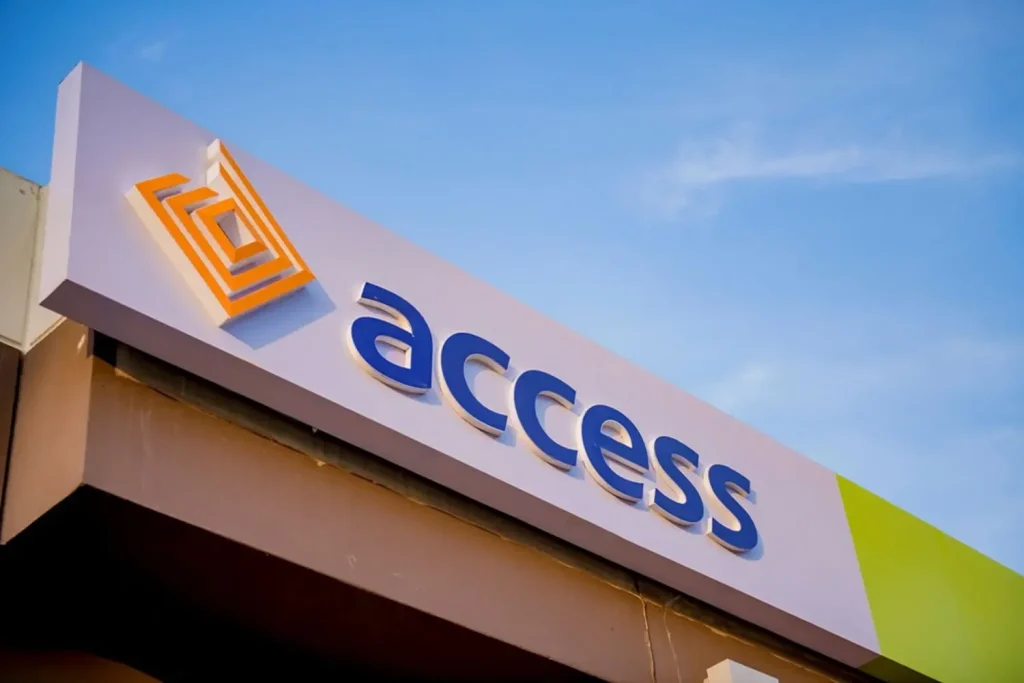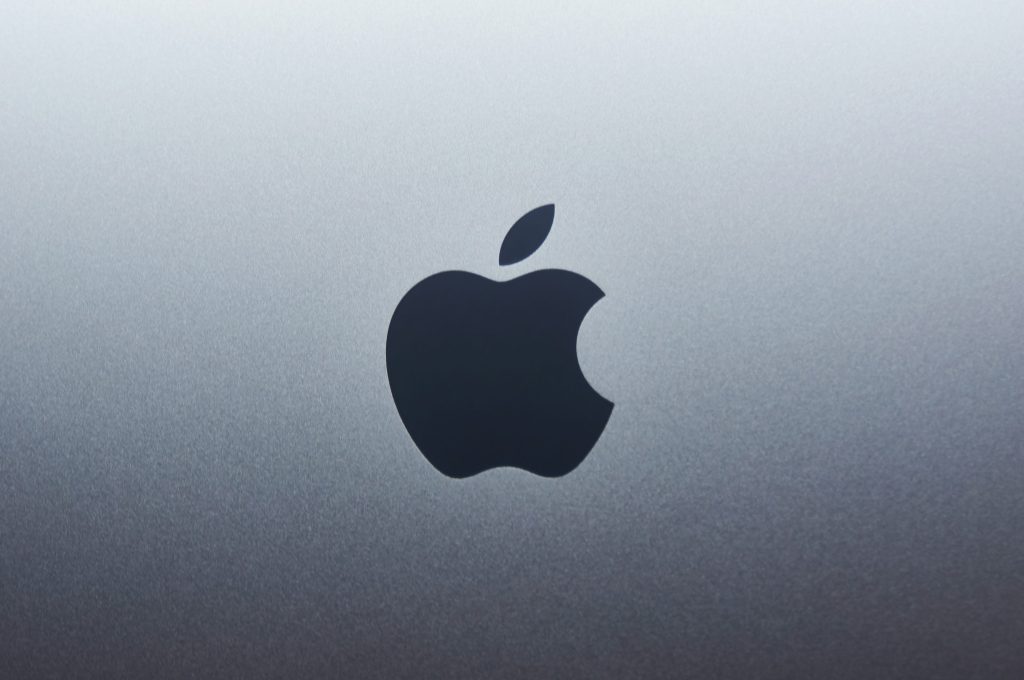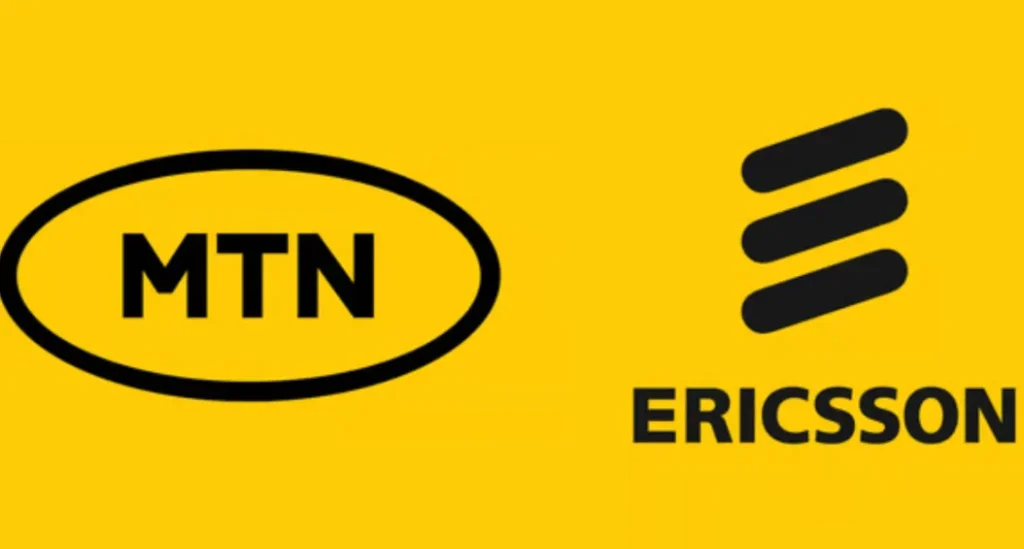Nigeria’s major banks significantly ramped up their investment in digital infrastructure throughout 2024, pouring a combined N518.5 billion into information technology. This figure represents a staggering 109% increase from the N248 billion spent in 2023, highlighting a major strategic shift in the country’s banking industry: digital transformation is no longer optional — it’s essential.
This surge in technology spending, documented in the audited financial results of eight leading banks, reveals a sector under pressure to modernize and compete. With agile fintech platforms such as OPay, PalmPay, and Moniepoint continuing to win over customers by offering faster, cheaper, and more convenient services, traditional banks are responding with aggressive digital overhauls.
Access Holdings Leads the Pack with Bold Investments
Access Holdings stood out as the largest spender, dedicating N193.5 billion to IT upgrades in 2024 — a 148% rise from N78 billion the previous year. Despite not announcing a major core banking system overhaul, the bank undertook multiple back-end upgrades, strategically conducted during weekends to avoid service interruptions. These investments likely support its pan-African growth strategy and efforts to solidify its dominance in retail banking across the continent.
GTCO, Zenith Bank, and Fidelity Bank Make Major Moves
Guaranty Trust Holding Company (GTCO) followed with a substantial N88 billion tech investment in 2024, marking a 48.4% increase from N59.3 billion in 2023. A key milestone was the bank’s transition from the legacy Basis/Banks software, originally developed in Jordan and the UK, to Infosys’s Finnacle — a modern core banking platform from India known for its scalability and efficiency.
Zenith Bank also doubled its IT spending, increasing from N33.5 billion in 2023 to N67.3 billion in 2024. The jump in expenditure came on the back of its system migration from Phoenix (developed by Finastra) to Oracle’s Flexcube. This move was designed to enhance the bank’s digital service capabilities and customer experience across digital platforms.
Meanwhile, Fidelity Bank posted the highest percentage increase among the larger institutions. Its IT budget soared by 239%, rising from N16.5 billion in 2023 to N56 billion in 2024. This massive growth indicates the bank’s intent to strengthen its competitive position, particularly in the tier-2 segment, where digital readiness is increasingly critical.
UBA, Stanbic IBTC, FCMB, and Wema Also Scale Up Tech Budgets
United Bank for Africa (UBA), which boasts an extensive footprint across Africa, more than doubled its IT investment, growing from N23.2 billion in 2023 to N48 billion in 2024 — an increase of 106.9%. The funds were primarily channeled into enhancing mobile banking services and digital customer touchpoints, enabling the bank to better serve its expanding client base.
Stanbic IBTC increased its IT spend to N33.4 billion in 2024, a 73.1% rise from N19.9 billion the previous year. The investments align with the bank’s focus on agile banking solutions and scalable systems to support its retail and wealth management services.
FCMB boosted its technology investments by 58.6%, committing N26.8 billion in 2024, up from N16.9 billion in 2023. The bank’s ongoing digital transformation signals a push to deepen its retail banking footprint and improve customer engagement through smarter platforms.
While Wema Bank reported the smallest overall tech spend at N5.5 billion, it posted the highest growth rate at 292.9%, up from N1.4 billion in 2023. Known for its pioneering digital bank, ALAT, Wema’s rapid tech investment growth underscores its intent to innovate further in the digital banking space.
Data Gaps and Pending Reports
Notably, First Bank Holdings did release its 2024 audited results but did not disclose specific technology expenditure figures. Meanwhile, Sterling Bank, which reportedly completed a core banking system upgrade last year, had yet to publish its full-year financials at the time of reporting.
Why Banks Are Doubling Down on Technology
The significant increase in IT spending comes at a time when traditional financial institutions face mounting pressure from tech-savvy startups and mobile money operators. These competitors have disrupted the banking space with user-friendly apps, near-instant transfers, low fees, and seamless onboarding processes.
Dipo Alabede, CEO of mobile payment platform Clane, explained that banks now understand they must invest heavily in digital infrastructure to keep pace with rapid changes in the financial ecosystem. According to him, simply spending more is not enough — these institutions also need to anticipate and mitigate growing cybersecurity threats.
“Digital transactions are growing fast, and so are the risks,” Alabede said. “Phishing, ransomware, and data breaches are becoming more sophisticated. Banks need to treat cybersecurity as a critical component of their IT strategy.”
He added that with innovations like blockchain and AI reshaping financial services globally, Nigerian banks must continue to modernize their systems to integrate these technologies and remain competitive.
Collaboration and Cybersecurity: The Next Frontier
Tayo Ogunlade, Chief Technology Officer at Onafriq, echoed these sentiments. He emphasized that while upgrading infrastructure is vital, banks must also come together to build a more secure and resilient digital payments ecosystem.
“With increased digitization comes increased vulnerability,” Ogunlade noted. “Banks can’t do it alone. Strategic collaboration, shared intelligence, and industry-wide cybersecurity protocols are essential if we want to prevent systemic risks in the digital payment space.”
A Digital Banking Era Takes Shape
The massive tech investments in 2024 suggest that Nigerian banks have entered a new phase of digital transformation. From upgrading outdated core banking systems to introducing AI-powered platforms and improving mobile user experiences, financial institutions are clearly focused on building smarter, faster, and more secure operations.
This trend also indicates a growing acknowledgment of the reality that banking in the 21st century must evolve beyond brick-and-mortar limitations. As consumer preferences tilt towards mobile-first solutions, and as fintech companies continue to innovate at a breakneck pace, banks have little choice but to invest heavily or risk losing relevance.
As 2025 unfolds, it will be worth watching which banks manage to translate these investments into better customer outcomes, stronger security, and sustainable competitive advantage in Nigeria’s fast-changing digital finance landscape.












